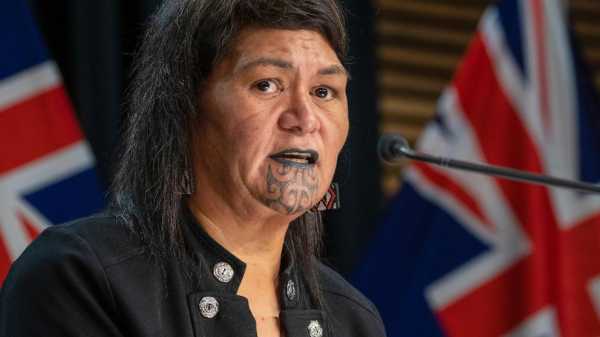
WELLINGTON, New Zealand — New Zealand’s Foreign Minister Nanaia Mahuta will visit her counterpart Qin Gang in Beijing this week in the first trip by a New Zealand minister to China in four years, officials said Monday.
But the visit comes at an awkward time, with Chinese President Xi Jinping planning to visit Moscow this week, giving a diplomatic boost to Russian President Vladimir Putin after the International Criminal Court announced it wants to put him on trial for alleged war crimes.
New Zealand Prime Minister Chris Hipkins said New Zealand’s position on Russia remained unchanged.
“We are emphatically opposed to Russia’s invasion of Ukraine,” Hipkins said. “We are also very opposed to any suggestions that other countries might support Russia’s illegal invasion of Ukraine.”
But Hipkins said it was nevertheless time to reestablish in-person ties with China after the easing of COVID-19 travel restrictions.
“China is a very important relationship to New Zealand and obviously travel between New Zealand and China has been quite restricted at the diplomatic level over the last few years,” Hipkins said. “So it is important we reestablish those in-person opportunities to engage.”
Mahuta said New Zealand’s relationship with China was complex and wide-ranging, and noted the two countries had recently marked 50 years of diplomatic relations.
“China is integral to New Zealand’s economic recovery but our relationship is far broader — spanning cultural, educational and sporting links,” Mahuta said in a statement.
China is New Zealand’s largest trading partner and New Zealand exporters rely on China to buy milk products and other agricultural goods.
Mahuta said that while she was in China, she planned to raise New Zealand’s concerns about human rights and security, including Russia’s invasion of Ukraine. She also planned to discuss issues the two countries cooperate on, including trade and the environment.
She said that during her two days in Beijing, she would also meet with business leaders and hold a breakfast roundtable with female leaders.
Mahuta plans to leave for China on Tuesday.
Sourse: abcnews.go.com